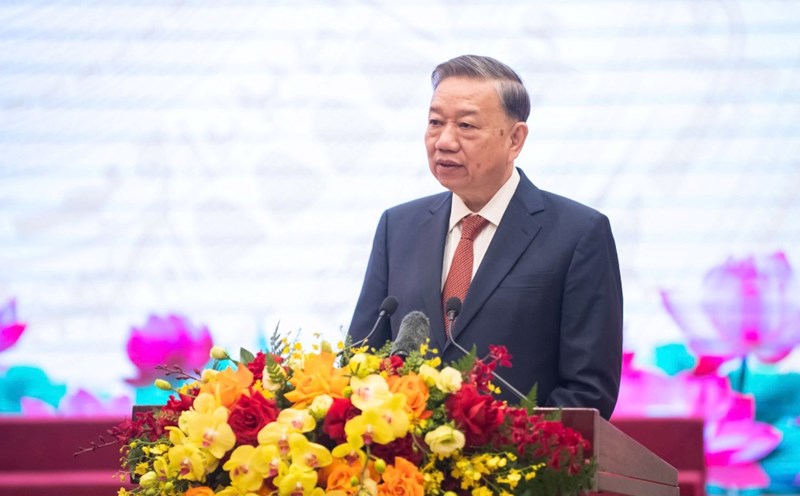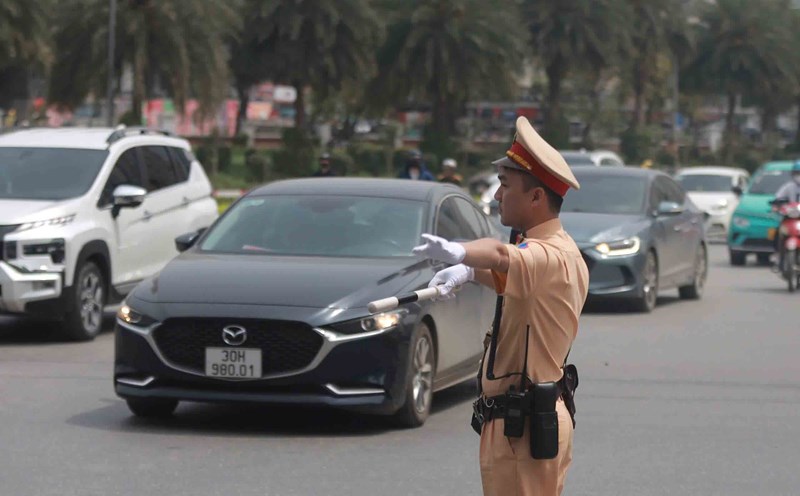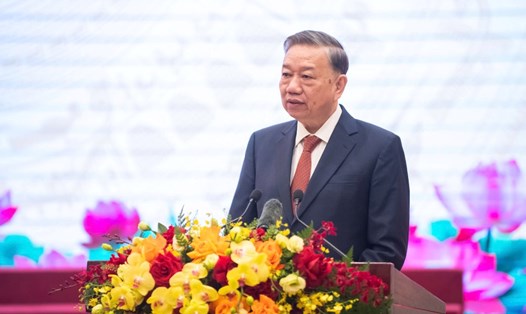Malaysian Prime Minister Anwar Ibrahim has emerged as a dynamic leader and international diplomatic campaigner since taking office in November 2022. In his short time, he has spoken out on humanitarian issues in Gaza, participated in BRICS forums, and pledged to promote open trade and investment relations with both the United States and China.
As ASEAN Chair in 2025, Prime Minister Anwar is expected to consolidate ASEAN’s centrality amid geopolitical tensions. While the one-year term of the chairmanship may limit the time to deliver results, his ability to build consensus, as demonstrated by maintaining Malaysia’s unity government, will be key to guiding ASEAN through the challenges.
Malaysia has the opportunity to play a decisive role in resolving hot issues such as tensions in the South China Sea, the US-China trade conflict that could escalate, especially when President Donald Trump returns.
Geopolitical challenges aside, ASEAN needs to continue its development agenda. Prime Minister Anwar described this as ASEAN’s “Second Renaissance”, with Malaysia’s theme of “Inclusive and Sustainable” for its ASEAN Chairmanship 2025 – a special year when ASEAN celebrates the 10th anniversary of the ASEAN Community with its three pillars. Malaysia’s chosen theme aims to achieve a three-pronged strategy to expand trade and investment linkages, promote digital transformation and strengthen the economic foundations of member states. In fact, the introduction of this policy agenda is an extension of the values enshrined in Prime Minister Anwar’s “Malaysia MADANI” concept, which focuses on inclusive social progress, “raising the floor and the ceiling” for all.
Prime Minister Anwar stressed that deeper economic integration is necessary for ASEAN's dynamic young generation to tap into the potential of the digital economy and expand markets.
In addition to economic goals, realizing the “ASEAN Approach” requires collective action on cross-border issues such as haze pollution, cybercrime, human trafficking, etc.











